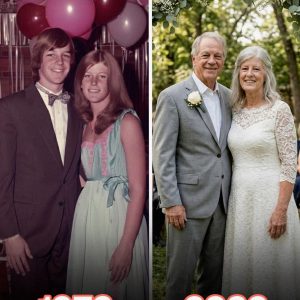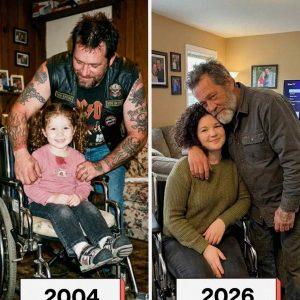My stepdad demanded a fresh-cooked meal every day, like it was the 1950s. When my mom reheated leftovers, he threw them out, saying a “real wife cooks daily.” I watched her shrink under the weight of his arrogance—and decided to serve him a taste of humility.
After my dad died, Mom drifted through life until Raymond came along—an accounting professor with charm and cologne that arrived before he did. He made her laugh again, and soon they were married. But six months later, I showed up unannounced and saw the truth. Mom looked pale and thin. When she offered leftover lasagna, Raymond exploded—slamming the dish to the floor and calling her lazy. That was my breaking point.
The next morning, I insisted on cooking. Raymond was thrilled with my breakfasts and bragged online about his “perfect home cooking.” For four days, I served him elaborate meals—each made from the same leftovers he despised. On the fifth night, over candlelight and wine, I told him the truth: every dish he’d praised was recycled. His face turned red. “You served me leftovers?” he spat. “You loved them yesterday,” I said calmly. “Leftovers aren’t laziness—they’re gratitude.”
Mom stood in the doorway, silent but strong. I turned to her. “Get your coat.” We went out to dinner while Raymond fumed alone. At the table, she whispered, “I used to be brave.” I smiled. “You still are.” By week’s end, we packed his things, changed the locks, and took back her peace.
Months later, Mom called laughing. “Raymond wants to come cook for me. Says he’s changed.” She paused. “I told him I’m having lasagna again—yesterday’s leftovers.” Here’s the thing about entitlement: it always eats itself. Love isn’t owed—it’s earned. And some lessons are best served cold.




